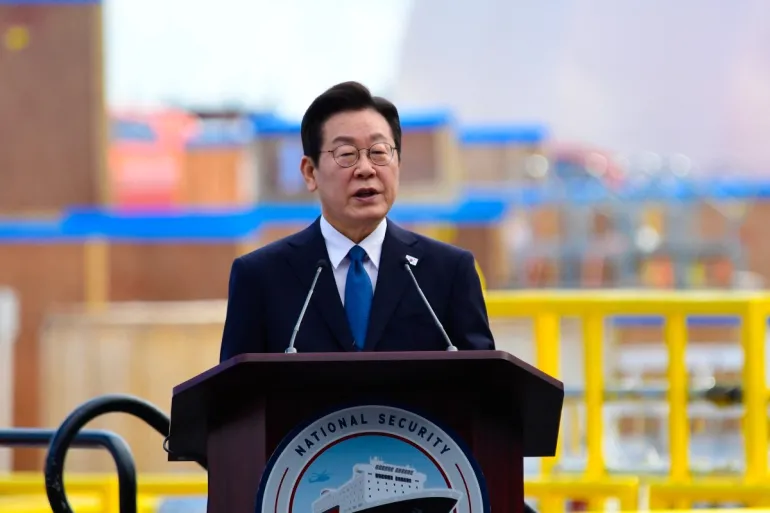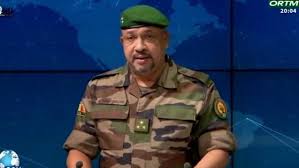What began as a diplomatic trip for South Korean President Lee Jae-myung has spiraled into a war of words with Pyongyang. After meeting with US President Donald Trump in Washington earlier this week, Lee delivered a strong message:
“Denuclearisation is essential to achieving permanent peace and elevating the South Korea-US alliance in a global context.”
The statement, aimed at reducing tensions and advancing dialogue, had the opposite effect. On Wednesday, North Korea’s state-run KCNA responded with blistering rhetoric, branding Lee a “confrontation maniac” and calling his proposal for denuclearisation a “naive dream, like trying to catch a cloud in the sky.”
In a scathing commentary, KCNA accused Lee of hypocrisy and hostility:
“His behaviour abroad clearly proved that the ROK’s scheme for confrontation with the DPRK can never change,” it said, using the formal acronyms for South and North Korea.
Pyongyang doubled down, insisting its nuclear status is “an inevitable option” in response to what it calls external threats and a shifting global security order. The agency declared that denuclearisation is now “extinct theoretically, practically and physically.”
Lee’s presidency, which began in June 2025, promised a thaw in inter-Korean relations after years of tension under his conservative predecessor, Yoon Suk-yeol. Instead, hopes for reconciliation have repeatedly hit a wall.
Earlier this month, Kim Yo Jong, the powerful sister of North Korean leader Kim Jong Un, dismissed Seoul’s peace efforts with contempt:
“We do not care about them and are not interested in them.”
The latest exchange comes as North Korea faces crippling UN and US sanctions over its weapons program. Despite international pressure, Pyongyang is believed to have about 50 nuclear warheads, with material for dozens more, according to the Arms Control Association.
The timing of this clash is significant. Lee’s meeting with Trump included discussions on upgrading the US-South Korea alliance, expanding defense cooperation, and possibly revisiting high-stakes talks with Kim Jong UN. Trump, signaling openness, said:
“I look forward to meeting Chairman Kim again.”
But with Pyongyang hardening its stance and branding denuclearisation an illusion, the prospect of dialogue appears dim. Instead, the peninsula is entering another period of high tension, where words are as dangerous as weapons.
Is Lee’s call for peace visionary—or dangerously out of step with North Korea’s reality? And can Washington broker another summit to prevent a new arms race in Asia? For now, Pyongyang seems content to keep its nuclear arsenal—and its fiery rhetoric—intact.



